Frederica Freyberg:
But first, together with the freshmen on campus, the chancellor at UW-Madison has started her first semester. But economist Rebecca Blank is no stranger to campus life. She’s held faculty positions at MIT, Princeton, Northwestern and Michigan. Since 2009 Blank has worked for the US Commerce Department, and prior to taking her new job at Madison was that department’s acting secretary. Chancellor Blank joins us now, and thanks very much for doing so.
Rebecca Blank:
Thanks for being here. I appreciate being invited, Frederica.
Frederica Freyberg:
Welcome to UW-Madison. What is your vision for this campus?
Rebecca Blank:
This has been a great university for many, many years, and I think my first and main responsibility as chancellor is to maintain the excellence of this university in its research enterprise, in its educational enterprise and in its outreach and service to the state. Those are really our three core missions.
Frederica Freyberg:
And does that strike you as something that will be difficult to hold on to or grow?
Rebecca Blank:
Well, higher education is in a somewhat unsettled time, particularly big public universities. Our funding model is in the midst of change. The delivery of educational services is simply exploded in terms of new possible technologies. There are– You know, there are a lot of challenges out there. But there’s large numbers of opportunities, and opportunities I think that UW-Madison is well-situated to take advantage of.
Frederica Freyberg:
What might you describe as your top priority?
Rebecca Blank:
You know, it’s hard to list a single top priority for a campus as broad and as complex as this. I think probably if I listed my top priority, in some ways my biggest challenge, it is to produce a stable financial model for this very complex enterprise in a world where all of our funding streams are in the midst of change.
Frederica Freyberg:
Speaking of kind of a funding model, one of the sources of revenues clearly is tuition.
Rebecca Blank:
Mm-hmm.
Frederica Freyberg:
And I have read that you’ve said that you seek a “fair tuition policy.” What is fair?
Rebecca Blank:
So, we have multiple types of tuition streams. I understand the very real concern, and I share it, about in-state undergraduate tuition. That needs to be at a level that the families of Wisconsin can afford, or we need to have a level of financial assistance to help those families that can’t afford the level that’s set. On the other hand, out-of-state tuition is quite different. That’s a market. Many, many universities attract out-of-state students. They set a level that tends to be reasonably close across many schools. We’re under that market. And while I understand why and how we should keep our tuition low for in-state students, I think we should actually be at the market of our competitors schools for out-of-state tuition. And that could bring more dollars in and help us.
Frederica Freyberg:
I know that you’ve also said that you don’t favor a cap on out-of-state students. But you want
Rebecca Blank:
I’m not sure I’ve said that, actually.
Frederica Freyberg:
Okay. I thought I read that. How do you feel about capping the number of out-of-state students?
Rebecca Blank:
Right now we have about 25% of our students out-of-state. I think the legislature is going to expand that to 27%, or somewhere in that range. I understand the concern of keeping slots at the University of Wisconsin at Madison for in-state students. And that’s one reason why I think the first margin that we should talk about is not how many students come from in-state or out-of-state, but to talk about what we charge those who do come from out-of-state.
Frederica Freyberg:
As you know, the legislature rescinded its personnel flexibilities at UW in the dustup over the state budget and extra money out there or the reserves. How important are those flexibilities to get back and what would they offer the university?
Rebecca Blank:
Yeah. So I actually think of all of the things that happened this spring, which I was watching from a distance. The loss of being able to implement these HR flexibilities was our biggest loss out of the legislative problems that we had. So this allows us to do a number of things. We have jobs at UW-Madison for which there just aren’t any comparables in the Department of Natural Resources or the Department of Transportation and other public entities, and people who live in a certain set of worlds and incentives that we need to be able to match and have difficulty matching under the current state HR system. So, for instance, among those who would benefit, we have a number of staff who we pay below the Madison living wage. We can’t raise their wages currently because of the system that we’re in. One of the first things I would do with HR flexibilities is make sure we’re not paying anyone below the Madison living wage. That’s item number one. But at the other end of the scale, we also have some faculty who are internationally famous, who are regularly getting outside offers, and for whom I would like a little more flexibility in terms of my ability to retain and pay these faculty. So the HR flexibilities, I think, are going to help us across the board. They aren’t aimed at any one group of employees. They simply give us the ability to run this university in a way that matches our competitors.
Frederica Freyberg:
Now, you’ve noted that state funding of the UW now sits at 17%, which is down from 43% 40 years ago. How reasonable, given that, is it then that the legislature kind of wants more financial accountability from campuses, even as this state funding erodes?
Rebecca Blank:
So we have a lot of state citizens at our campus. We do still get a significant share. 17% is a very important part of our budget. I think it is reasonable for the state legislature to ask us as a public entity to be accountable to the taxpayers, to be transparent, to be clear about where our money’s coming from and how we’re spending it. I find all of those reasonable requests for any public institution, all right? And certainly for us as an university. That said, I do think that there are flexibilities that would be quite helpful to us. And we’ve talked about the HR flexibilities. There are other issues around things like buildings. We’re increasingly building structures completely on private sector funds with donor funds with no state money in them whatsoever, and yet we have to go through a series of state approvals that substantially raise the cost and the time of building those buildings. That’s a very bad use of my donor funds. I could stretch them further and I could leverage state dollars better if our completely privately funded buildings, I had a little less state control.
Frederica Freyberg:
Does it ever feel like there’s a little bit of micromanaging going on especially right now from the other end of state street, from the Capitol?
Rebecca Blank:
It’s the nature of being at a public institution. I was managing the Department of Commerce for a number of years in Washington, and you have the same thing. The people become concerned with what’s happening. Something happens, it’s a big, complex institution. We don’t always do everything perfectly. I understand the urge to jump in and say, let try to fix this. On the other hand, it is a big, complex institution. We have almost 60,000 students, faculty, staff when you add them all up. It’s very hard from outside the institution to do detailed management. So what I’d like to do is establish a relationship with state leadership, with the governor’s office, with the legislators, that says, you know, that establishes credibility, that I and my senior team are trusted to do the right things on campus. If we don’t, we’re held accountable, but that we are the ones who are expected to manage that.
Frederica Freyberg:
You’re launching a new private fund-raising campaign. What is the dollar goal of that?
Rebecca Blank:
We don’t have a dollar goal set at this point. We’re still very much at the beginning stages of the campaign, putting our priorities together and assessing what our likelihoods are and what sort of donors we might be able to approach. So that will come out later.
Frederica Freyberg:
Do you expect private donations to make up for the eroding state funding?
Rebecca Blank:
No. So let me be clear that you can’t think about private donations quite as replacing state dollars. I think that’s a misapprehension. I have at least four main funding streams. I have state dollars. I have tuition. I have research dollars, primarily federal research funds, which is quite honestly my largest income stream right now, and I have gift funds. What you have to think about is what each of those provide that the others don’t. So my federal dollars leverage activities that I can’t and shouldn’t use my state and tuition dollars for, and I typically won’t get private sector donations for. My private donations leverage my state dollars and my federal funds, and I want to use them for something I can't use the state funds for and I can't use the federal fund for. So the trick here is actually using all of these funding streams for what they comparatively can do and do best in a way that then leverages the value of all your other funding streams. So I really don’t want to think of private gifts as replacing state funds. I want to think of it as leveraging state funds and letting us use those state funds more effectively. Because private gifts can, in turn, be used to say, provide a faculty chair which provides recognition and a little bit of extra resources to retain and recruit top member in a way that I can't use my state dollars for.
Frederica Freyberg:
An economist at the helm. Chancellor Rebecca Blank, thank you very much.
Rebecca Blank:
Thank you.
Search Episodes
News Stories from PBS Wisconsin

Donate to sign up. Activate and sign in to Passport. It's that easy to help PBS Wisconsin serve your community through media that educates, inspires, and entertains.
Make your membership gift today
Only for new users: Activate Passport using your code or email address
Already a member?
Look up my account
Need some help? Go to FAQ or visit PBS Passport Help
Need help accessing PBS Wisconsin anywhere?

Online Access | Platform & Device Access | Cable or Satellite Access | Over-The-Air Access
Visit Access Guide
Need help accessing PBS Wisconsin anywhere?

Visit Our
Live TV Access Guide
Online AccessPlatform & Device Access
Cable or Satellite Access
Over-The-Air Access
Visit Access Guide
 Passport
Passport
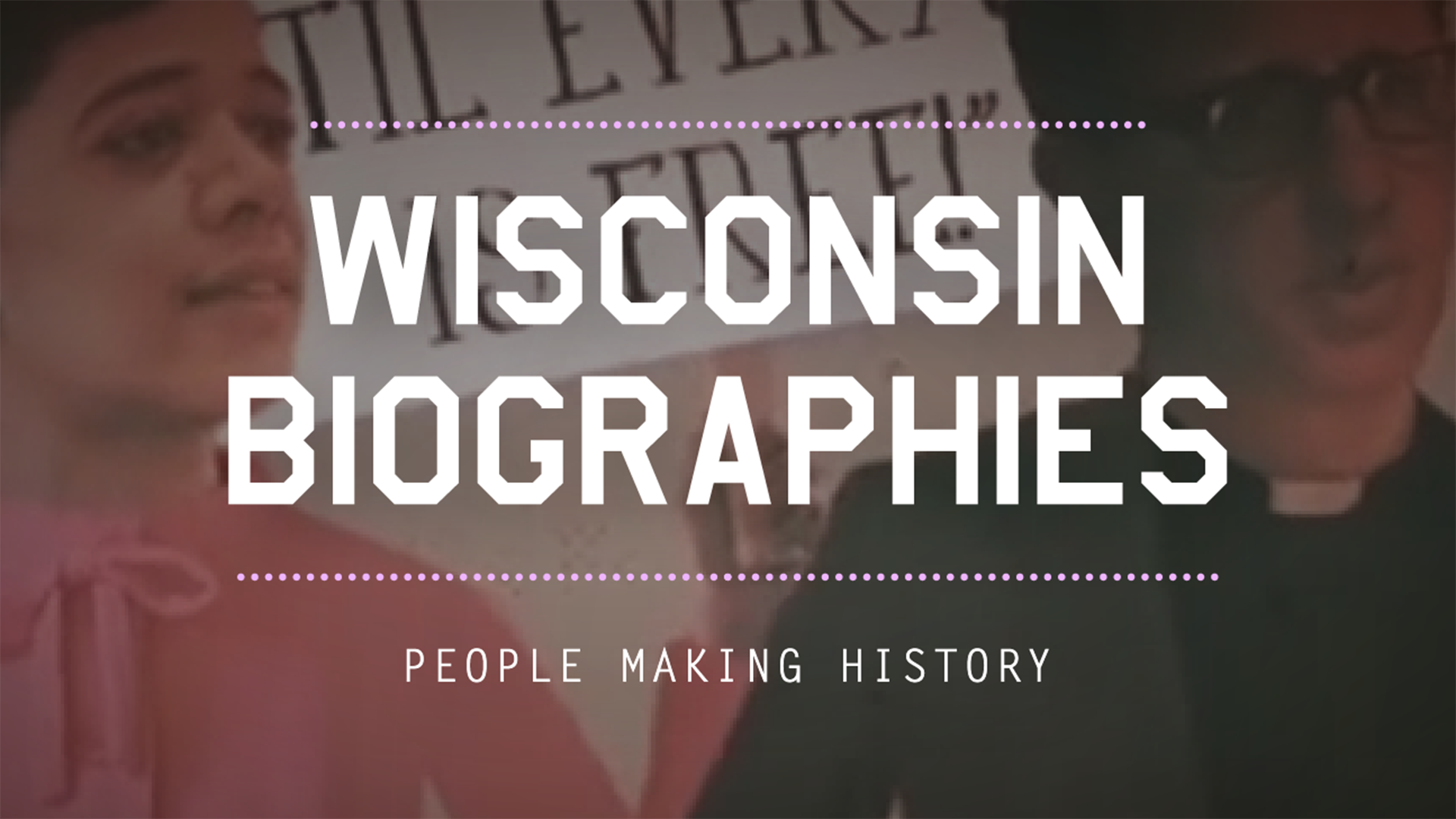

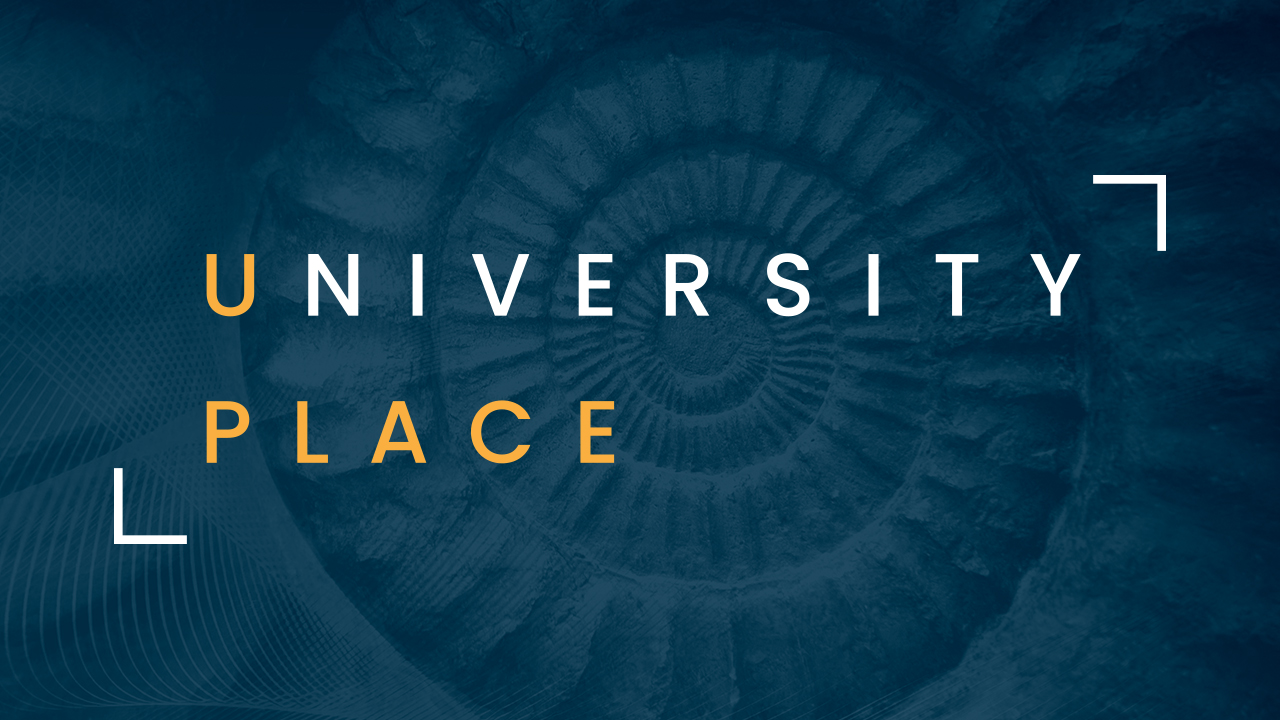
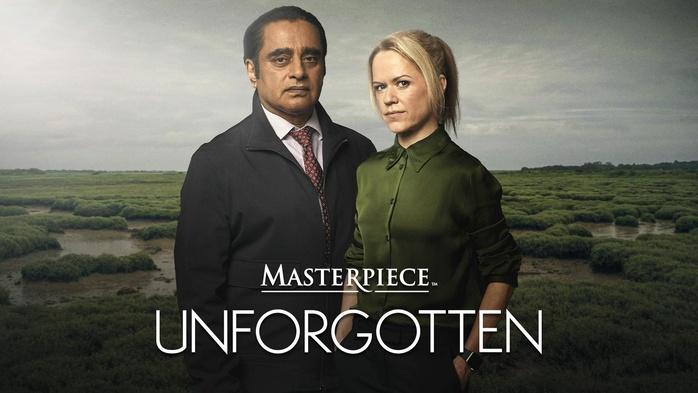

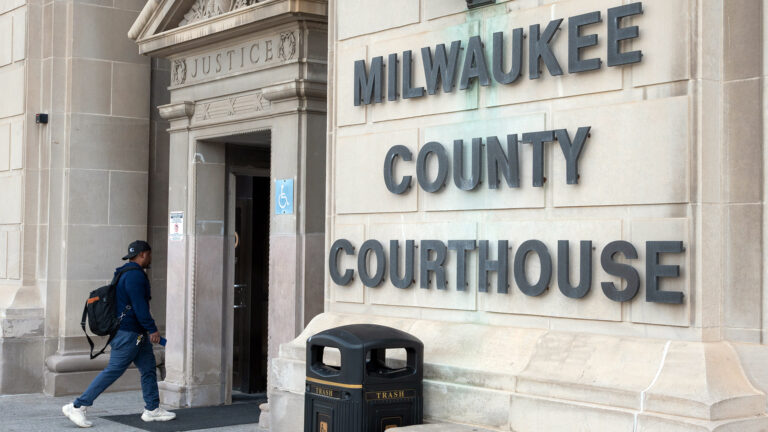
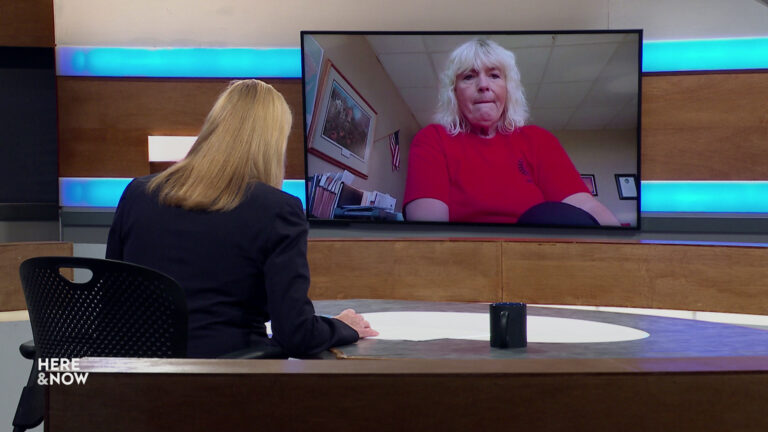
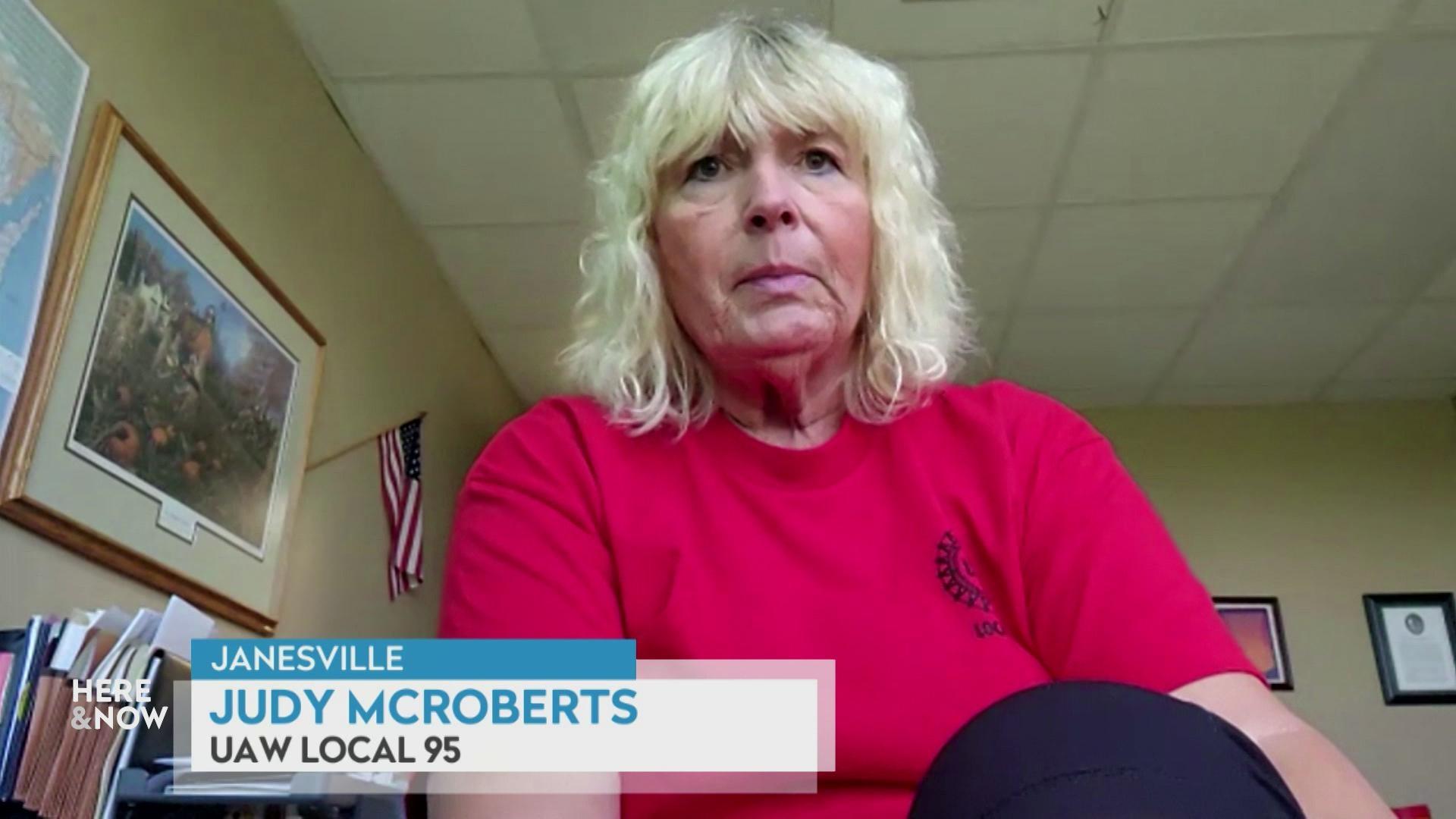
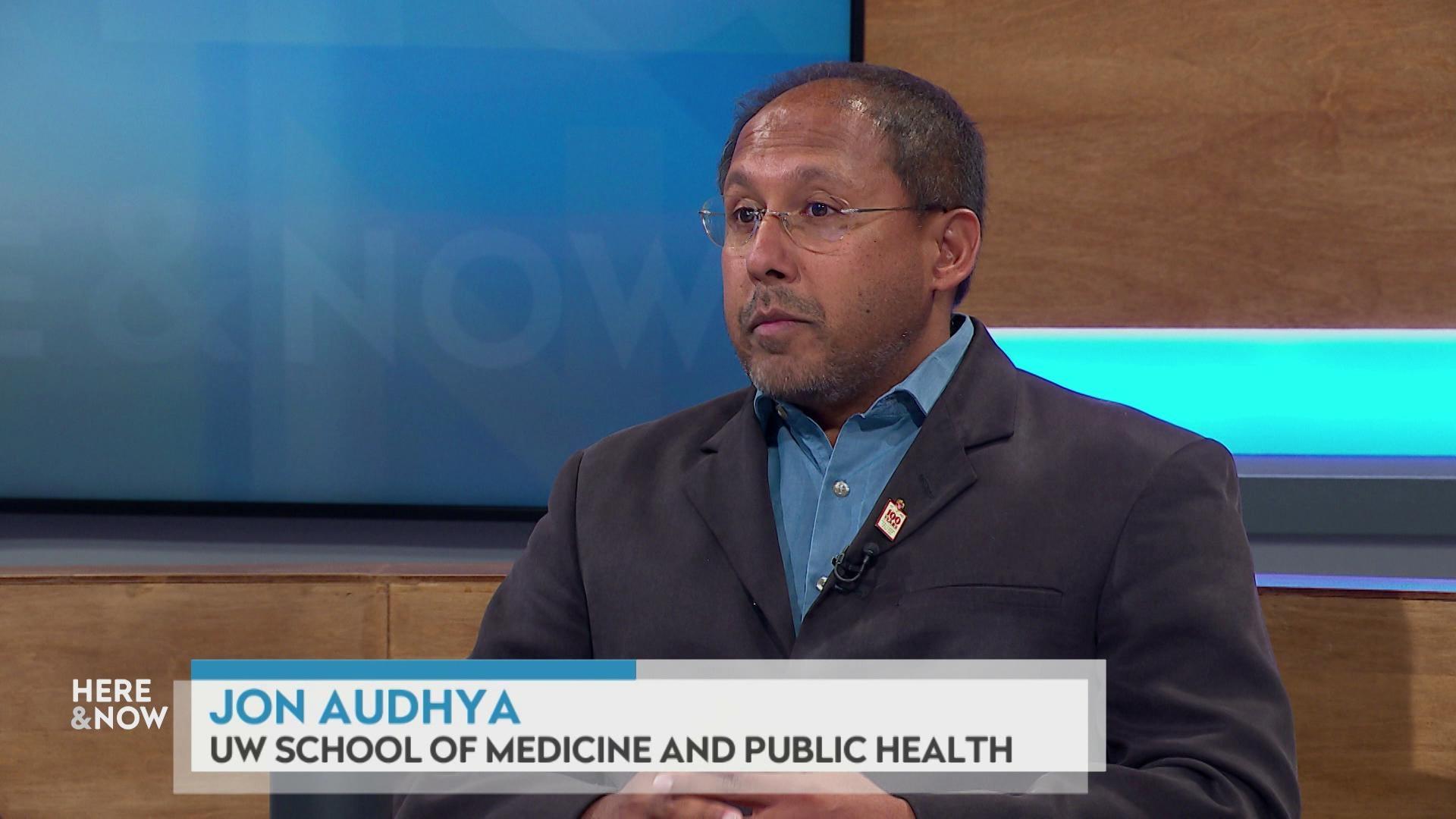
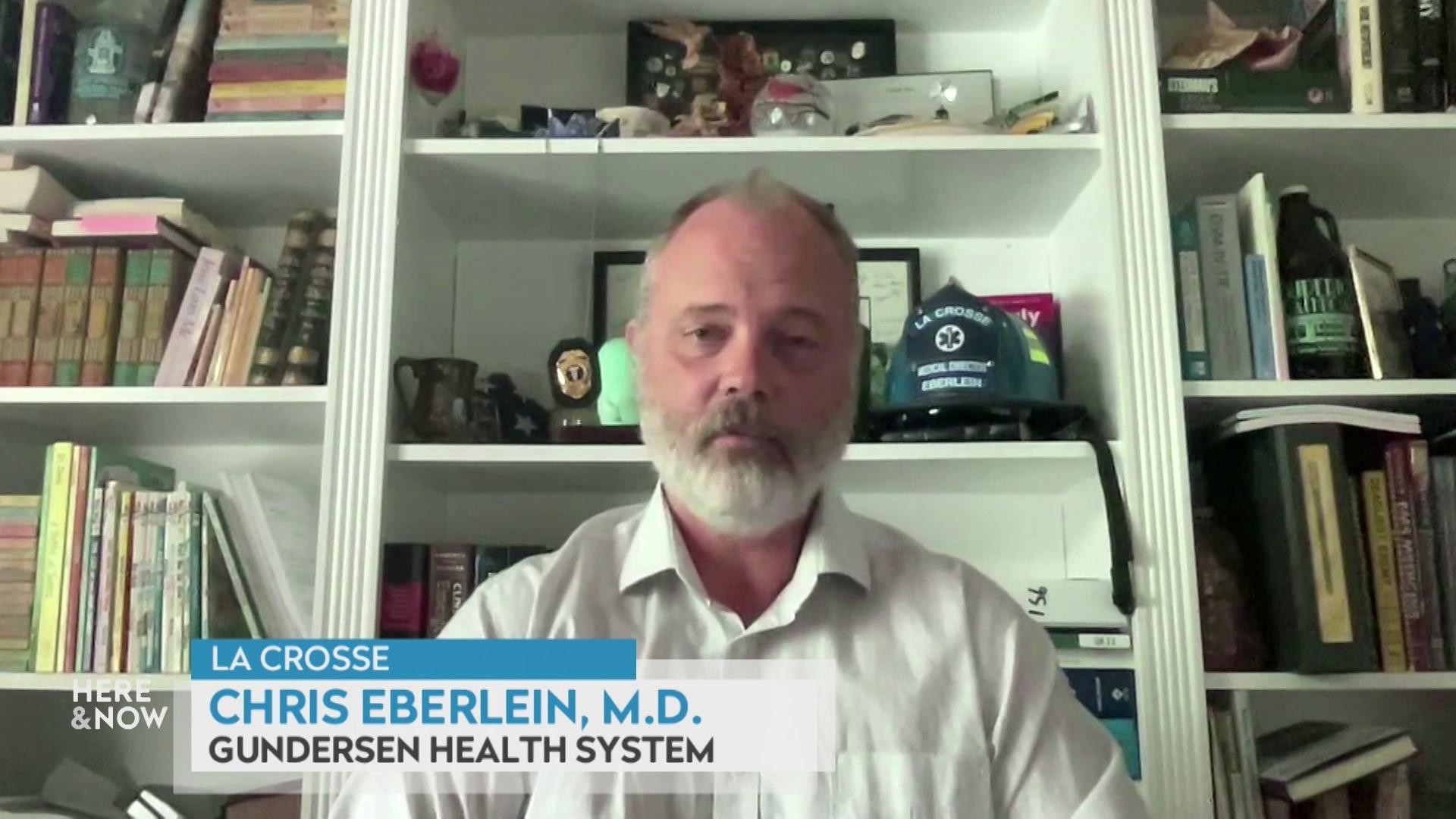
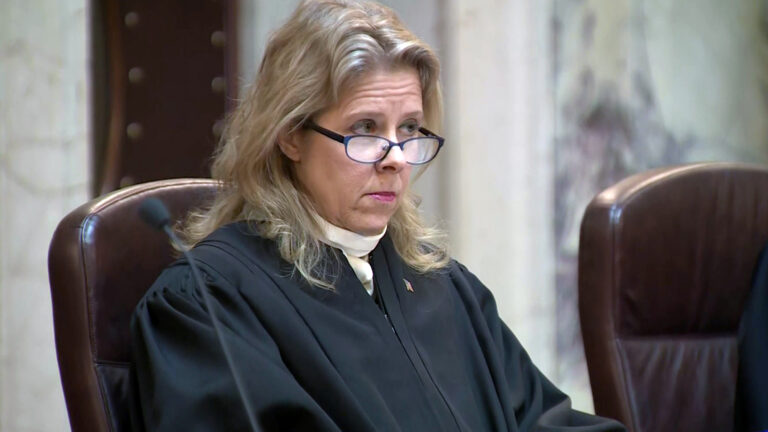

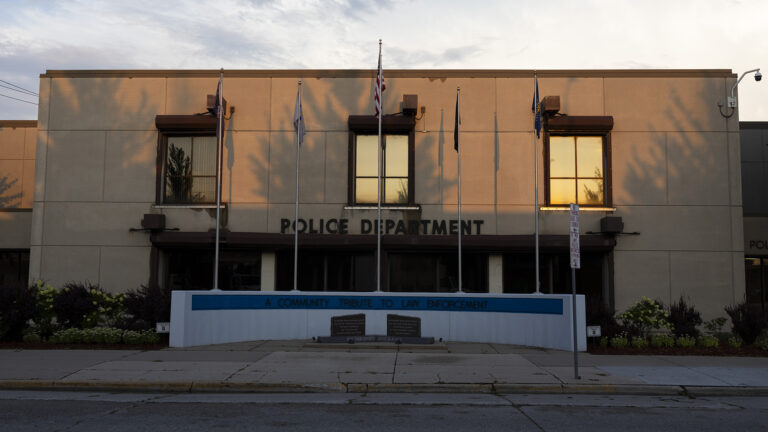
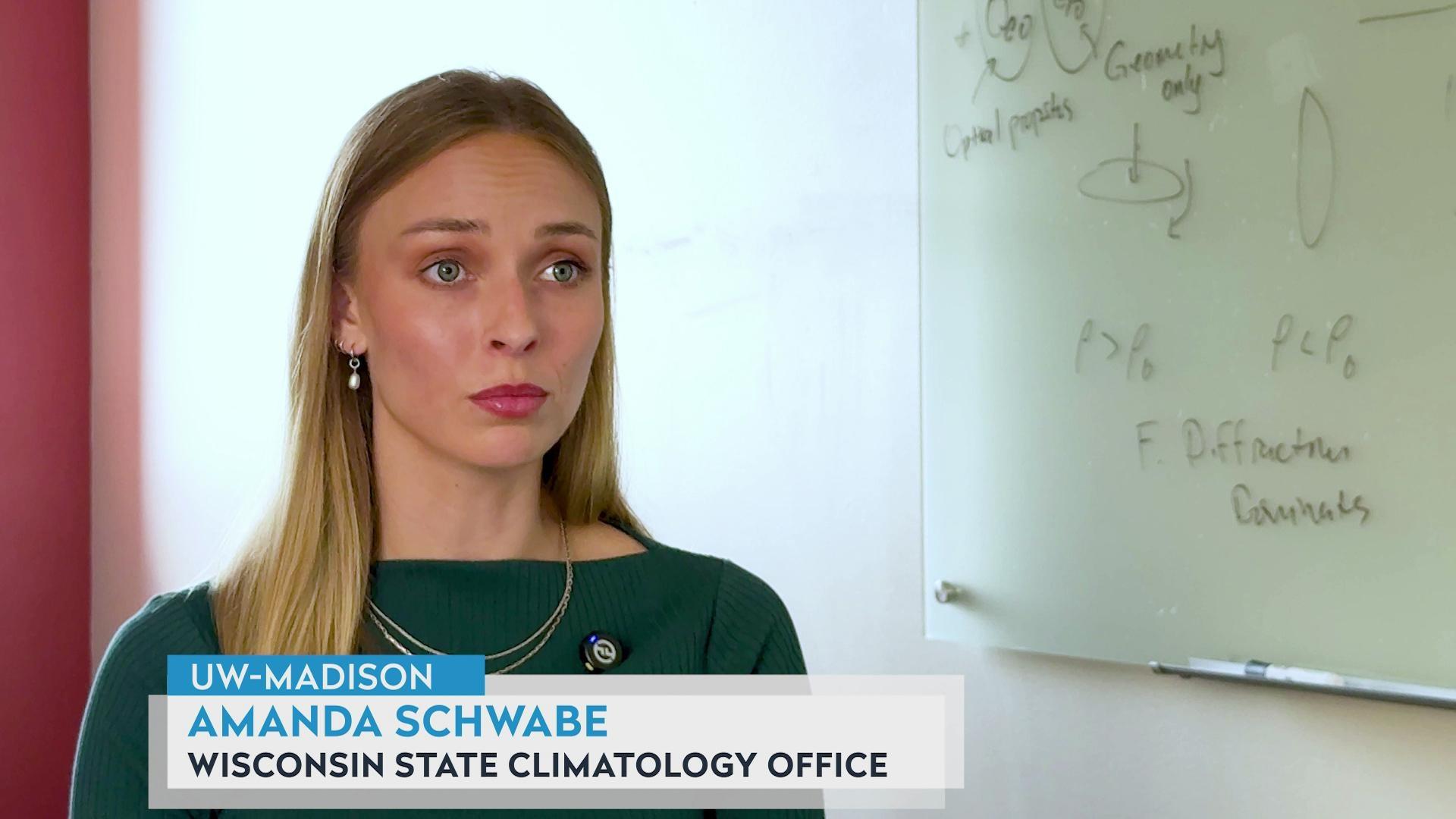
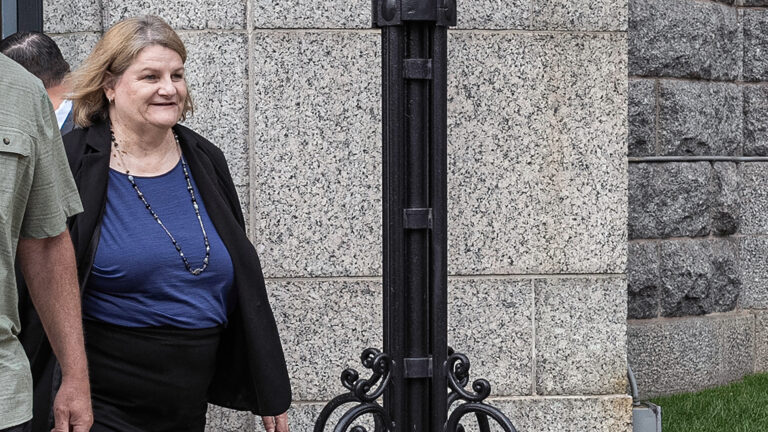
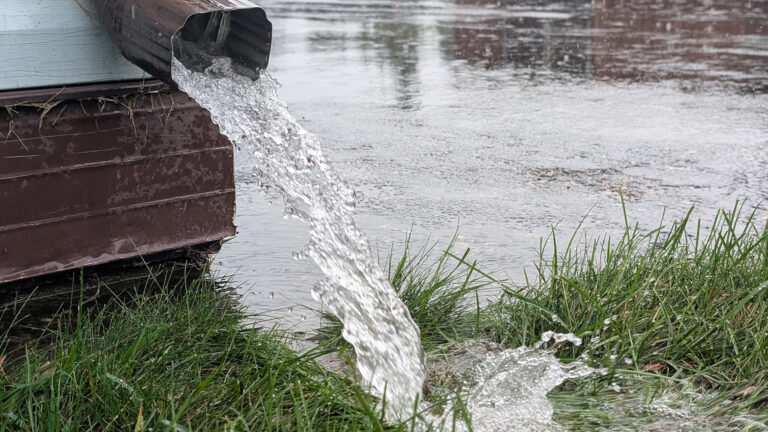


Follow Us